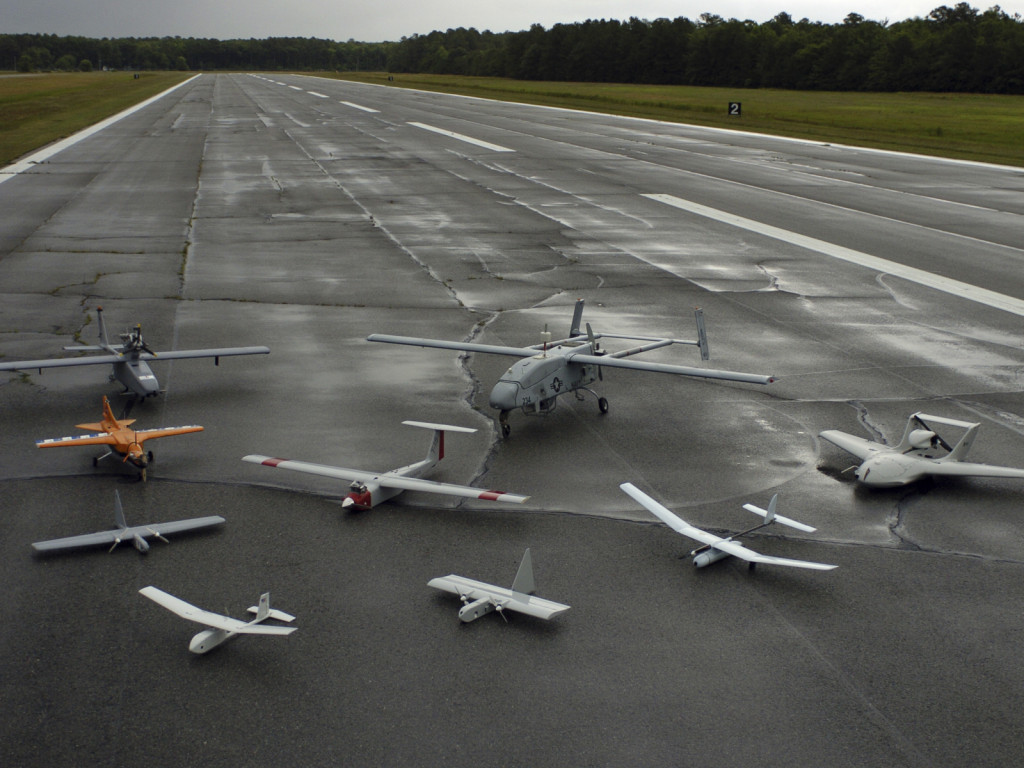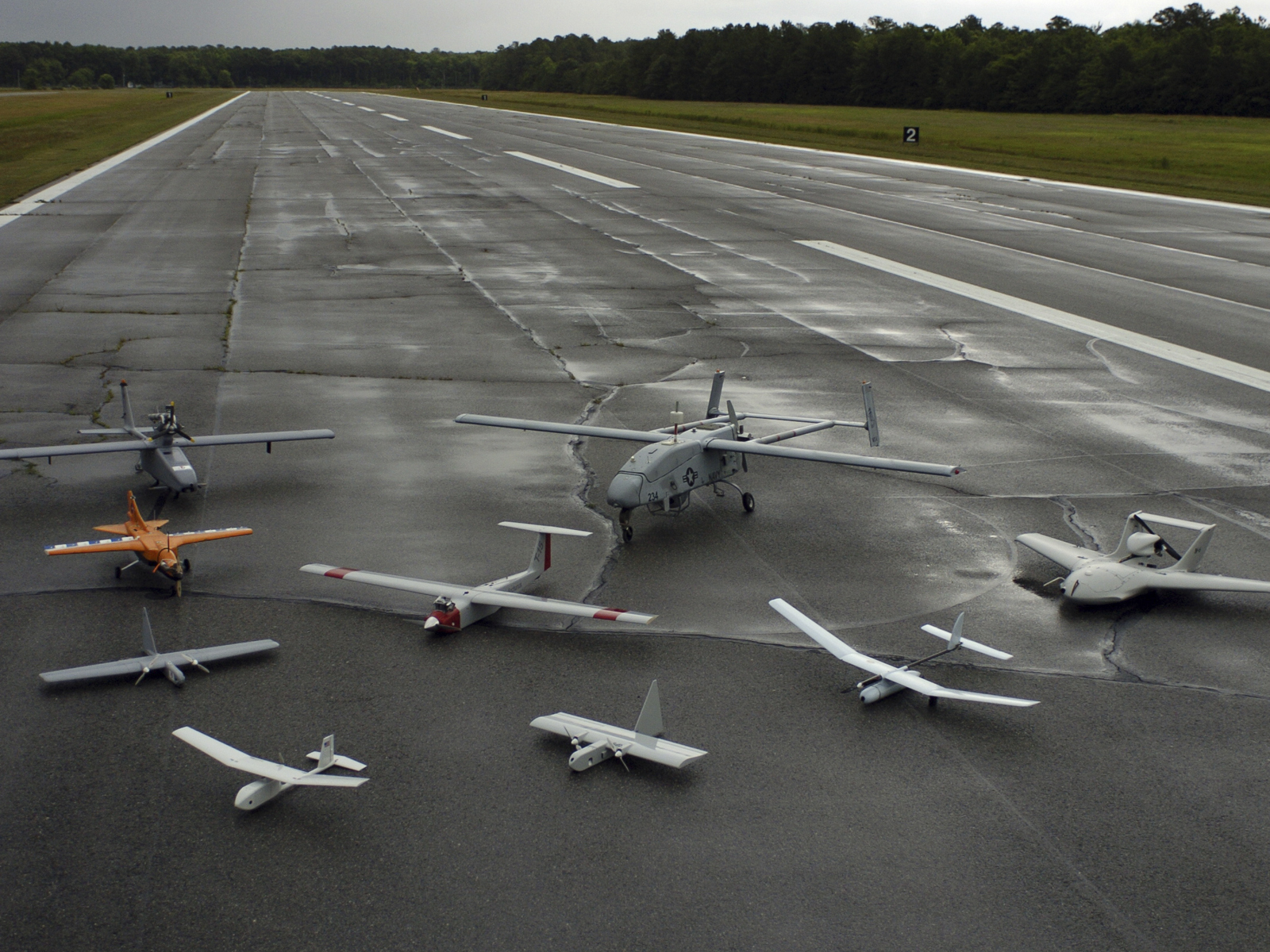
, the potential for exceeding the boundaries of acceptable policing are huge. California’s history with police enforcement is steeped in controversy (witness the Watts and Rodney King riots), and with the current backlash toward excessive policing — as previously mentioned with the situation in Ferguson involving the shooting of Michael Brown — it is no surprise that people would be worried, whether valid in their fears or not, that police in California would abuse the ability to remotely survey citizens.
According to Gov. Brown, the bill was vetoed due to the constraints it would place in ways unrelated to the police use of drones, saying that it was excessive in its prohibitions on the police “and could impose requirements beyond what is required by either the Fourth Amendment or the privacy provisions in the California Constitution.”
Though it is necessary that police be allowed to go about their jobs as any other civil servants, they already come from a position of power, and allowing that same power to increase with no balance in place to protect members of the community is unacceptable. This is not to say that there should not be regulations as to when these technologies can be employed, but warrants should always be necessary where citizens’ privacy is concerned.
The use of drones is not completely hazardous, as the bill stated that warrants would not be needed for the investigation of environmental hazards such as oil or chemical spills. In the event of natural or environmental disasters, they would be widely useful as a means of surveying ecological damage and better assessing ways of alleviating the situation, rather than sending in manned flights to scout the location. However, the benefits under these conditions do not ultimately outweigh the potential dangers.
In the coming years, it would behoove Californians to stay vigilant in the domestic use of drones. While fears of abuse may never amount to anything, it is always for the better when people hope for the best and prepare for the worst.








